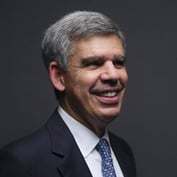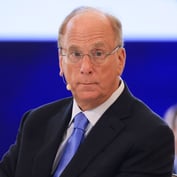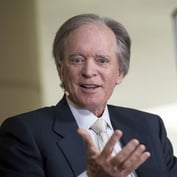Economist Nouriel Roubini said the U.S. is facing a deep recession as interest rates rise and the economy is burdened by high debt loads, calling those expecting a shallow downturn “delusional.”
“There are many reasons why we are going to have a severe recession and a severe debt and financial crisis,” the chairman and chief executive officer of Roubini Macro Associates said on Bloomberg TV Monday. “The idea that this is going to be short and shallow is totally delusional.”
Among the reasons Roubini cited was historically high debt ratios in the wake of the pandemic. He specifically mentioned the burden for advance economies, which he said continues to rise, as well as in some sub-sectors.
That differs from the 1970s, he said, when the debt ratio was low despite the combination of stagnant growth and high inflation known as stagflation. But the nation’s debt has ballooned since the financial crisis of 2008, which was followed by low inflation or deflation due to a credit crunch and demand shock, he added.
“This time, we have stagflationary negative aggregate supply shocks and debt ratios that are historically high,” said Roubini, who is nicknamed Dr. Doom for some of his dire predictions. “In previous recessions, like the last two, we had massive monetary and fiscal easing. This time around we are going into a recession by tightening monetary policy. We have no fiscal space.”








 July 25, 2022 at 12:36 PM
July 25, 2022 at 12:36 PM












 Copyright © 2024 ALM Global, LLC. All Rights Reserved.
Copyright © 2024 ALM Global, LLC. All Rights Reserved.